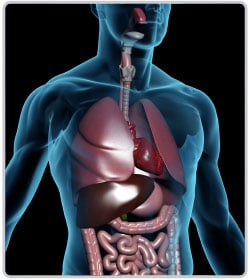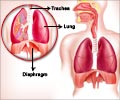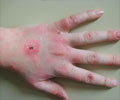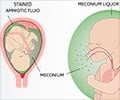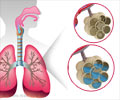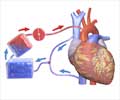Treatment, Complications and Prognosis
Patients with respiratory distress syndrome need ventilatory support. Death in these patients occurs due to the cause of ARDS rather than ARDS itself.
Treatment of ARDS
Treatment of acute (or adult) respiratory distress syndrome (ARDS) includes the following:
- Patients often need to be put on a ventilator in an intensive care unit setting.
- The underlying cause should be treated.
- Fluids should be restricted. Diuretics may also be administered to reduce the fluid in the body.
- Nutrition may be maintained through a feeding tube or fluids may be injected through the vein.
Complications
ARDS patients may suffer from the following complications:
- Trauma and/or infection to the lungs or respiratory passage during ventilation
- Infections especially to the respiratory tract, sinuses or urinary tract
- Muscle weakness
- Prolonged ventilation
- Kidney failure;
- Multiple organ failure
- Stomach ulcers
- Anemia
Death usually occurs due to the cause of ARDS rather than ARDS itself.
The prognosis or outcome of the condition is worse in older patients than in younger ones. Death may occur more often in the following patients:
- Patients more than 75 years of age
- Older patients with sepsis
- Preexisting organ dysfunction like liver or kidney disease
- Patients with direct lung injury like pneumonia



